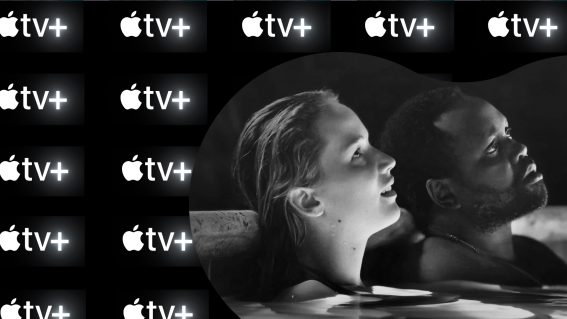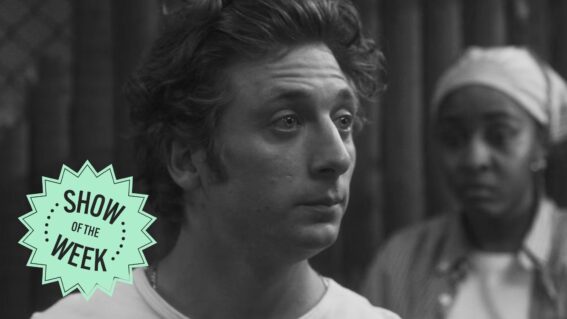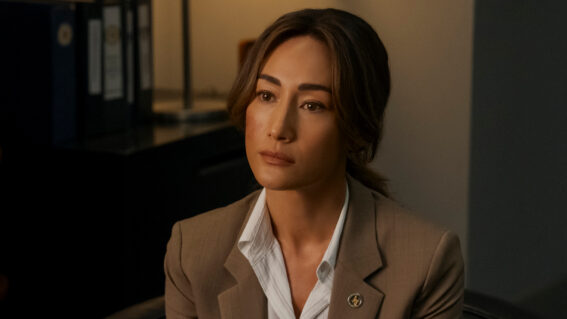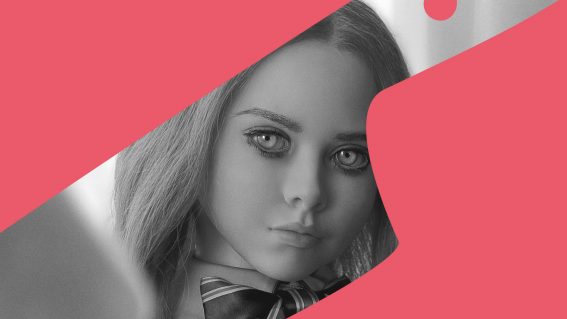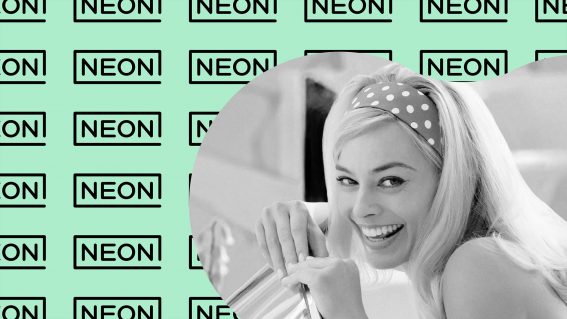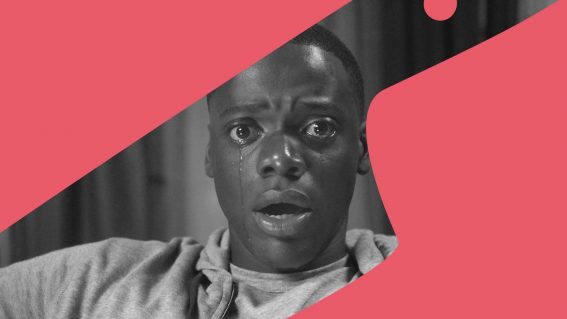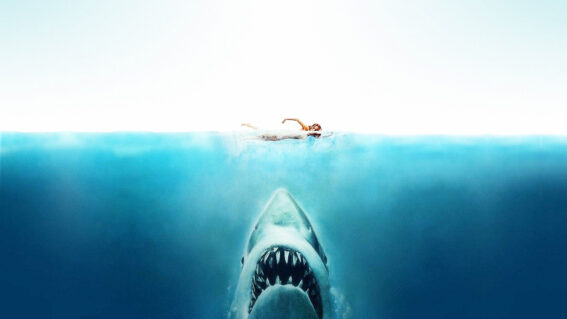Annie Starke talks The Wife, its well-timed release, and making a film with her mum
“It was a beautiful joining of minds between me and my mum”
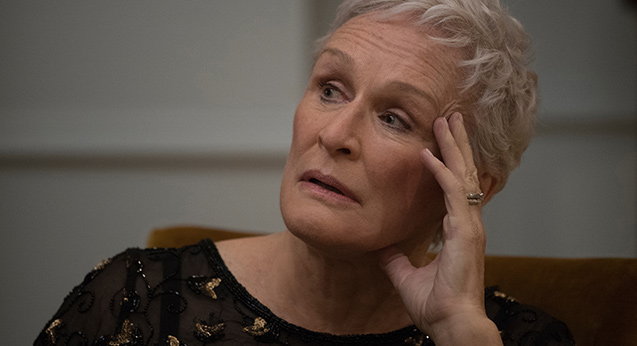
Based on Meg Woltizer’s 2003 novel of the same name, The Wife follows Joan Castleman, wife to the much-revered novelist Joe Castleman, as the pair travel to Stockholm so that he can collect the Nobel prize for literature. So far so good. Yet, things are not all as they seem and, through a series of flashbacks to Joe and Joan’s early romance it soon becomes apparent that perhaps it is she – not he – who is the true talent of the pair. With the issue of personal and public recognition suddenly looming so large for Joan – and a suspicious journalist on the cusp of figuring out Joan’s secret – she is suddenly forced to reckon with the consequences of a compromise that feels increasingly like a betrayal.
Played in the past and present by real-life mother and daughter Annie Starke and Glenn Close, Joan’s plight may be extreme but, for women used to the disappointments of professional life, will hardly be unfamiliar – and, arriving in the wake of the #MeToo movement makes a bold and nuanced statement about the way we value women’s labour.
Ahead of the film’s release we talked to Annie Starke about and working with her mother, what the film means in 2018 and why Joan is by no means a victim.
FLICKS: ‘The Wife’ is at its heart, a character study of a woman who both you and your mum play at different times of her life. What was it like undertaking that experience with someone so close to you?
ANNIE STARKE: It was kind of a crazy experience because they – Björn [Runge, director] Jane [Anderson, writer] and my mum – actually wanted to do the film quite a while ago and, like so many little independent movies that we know and love today, so often those movies almost don’t get made.
Playing a younger version of my mum wasn’t something we had talked about or thought about, but honestly, it was really a beautiful and awesome experience. Extremely collaborative. We worked so hard on the character and we loved her fiercely throughout the whole process. We’re just glad people are really responding well to the film. It was an experience that, for the rest of my career, I’m going to very much look fondly upon.
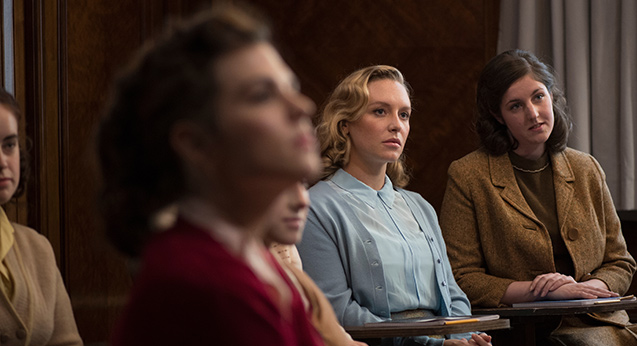
How did the two of you approach the role together? What was your process for understanding how Joan becomes the person she does?
We went really deep with the character Joan, and something that I will always say and highlight when I talk about the character is that my mum and I really brought in the spirit of my grandmothers into this role, because they grew up in the 1950’s and 60’s as young women of unbelievable potential. Both of them – although they will always say that their family, and the paths that they took, were gifts – there’s always that question of what could have been. And certainly, it was a beautiful joining of minds between me and my mum, and we’re paying homage to my grandmothers in a way that we really thought would do them justice.
When ‘The Wife’ premiered at the Toronto Film Festival it was just prior to the Harvey Weinstein allegations and the #MeToo movement that followed, but now of course, or at least when I watched it, it felt incredibly topical with regards to the issues of women’s value and labour, particularly as creatives. Do you feel like the film will resonate differently now that those conversations are in the mainstream?
Yeah, the timing is quite right on, I have to say. It’s so appropriate and I’m sure that’s another reason why people are really seeming to take it to heart.
This industry is extremely tough for anybody that’s involved in any way, shape or form, but of course being a woman in any capacity… I guess the world is just inherently more difficult for women. But we’re finally finding our voice. I’m an optimist, I really am, you’ve got to be, and once the voice is out, the fight is here, I really don’t think we’re ever going to revert back to the days of old. Certainly, I’m going to do everything in my power not to go back to that, you know what I mean?
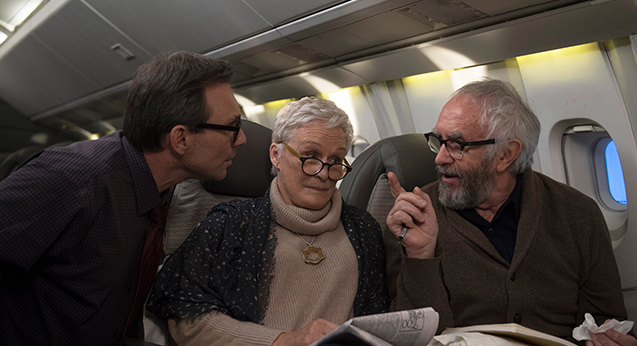
When Joan is young, she doesn’t believe that she could get published, let alone that anyone would read something by her – and yet, 30 something years later, it’s still unclear if things have really changed, with her pigeonholed in this role of the perfect, supportive wife. I wondered if, having seen your mother work in this industry for so long, and from your own experience working in it, whether you think that the conversations taking place right now are finally moving things in a different direction?
Again, I’m an optimist and there are more women entering the entertainment industry every day and I hope their presence betters it from the inside out. And the dialogue is here, it’s here to stay. So just to sound like a broken record, I really think it’s important to be optimistic.
That’s one of the things I thought was really interesting about ‘The Wife’ – that even in spite of Joan’s experiences, it is always hopeful. All the way through she is adamant that she is not a victim and actually seems to grow in strength throughout the film.
Oh no, no, no, no. That was extremely, extremely important to my mum and I, that she not be seen as a victim. Exactly the opposite. I’m so happy that came across because that was really a vision of ours. Of course, she grew up in very difficult circumstances but, at the same time, she paved her own path and the kind of lie and the delusion that resulted.
Was it important to you that this story not play out as a tragedy?
The tragedy is the reality that was, you know what I mean? But no, she’s by no means a tragic character, on the contrary. I think she’s a force, you know?
It’s been fun to see the audience react – especially when she says all the things that need to be said and you literally can hear everybody in the audience go “yeah!”






